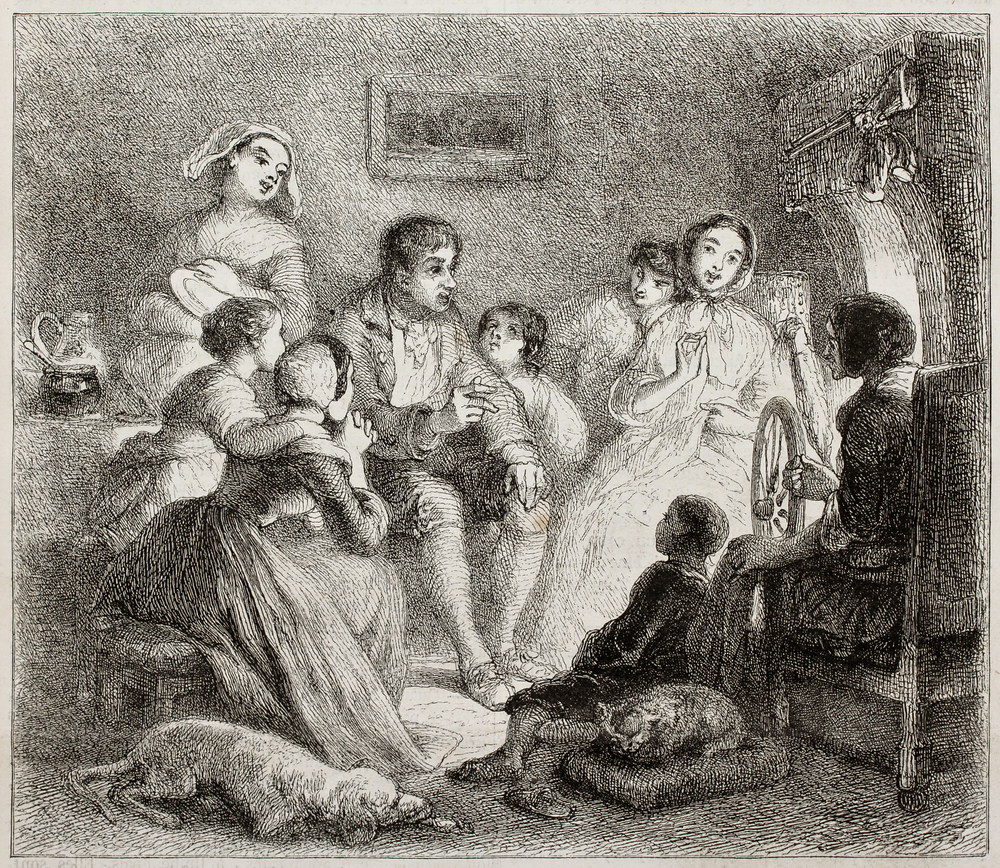Did you learn your US history the same way your parents did? Will your children read the same kind of textbooks? What stories will their books include, and perhaps more importantly, what will they leave out? In this episode, historian Jill Lepore joins EconTalk host Russ Roberts to discuss her book and a new essay published in Foreign Affairs. Lepore argues that America no longer has a “national story,” and that’s a problem. Our lack of a unified story lies behind the rise in nationalism and populism in America today, says Lepore, and it makes it more difficult fo us to know what’s true.
So what would a new American story look like if Lepore had her way? And why does a nation need a “story” anyway? Surely there are at least a variety of perspectives on the story of our nation’s past. Or is history only history when “the majority” says it is? We’ve heard plenty of critiques of the way economics is done, turn your focus to history this week.
1- Why was nationalism on the wane, and why weren’t scholars interested in it during last part of 20th century, according to Lepore? What’s different today? Why has this “scourge that had finally been eliminated” returned?
2- What was “the point at which American historians stopped writing national history,” according to Lepore? What does she mean by national history? Have you encountered any such histories in your own life of reading? (P.S. How many of you have read Howard Zinn, who gets blasted in the conversation? What was your reaction to his telling of American history?)
3- What does Lepore mean when she refers to civic myth? What do you think its place is in our culture? What are some other examples not discussed in the conversation?
4- Why does Lepore think national news outlets (such as NPR, the Wall Street Journal, and the New York Times) are so critical today? To what extent do you agree with her regarding thier significance? Is it greater or lesser than in 20th century? Why?
5-Lepore has “nothing redemptive” to say about social media, while Roberts confesses it has been “a source of tremendous intellectual exploration.” With whom do you agree more, and why? What exchanges does social media replace, according to Lepore? Do social media exchanges necessarily replace exchanges in real life?


Comments are closed.